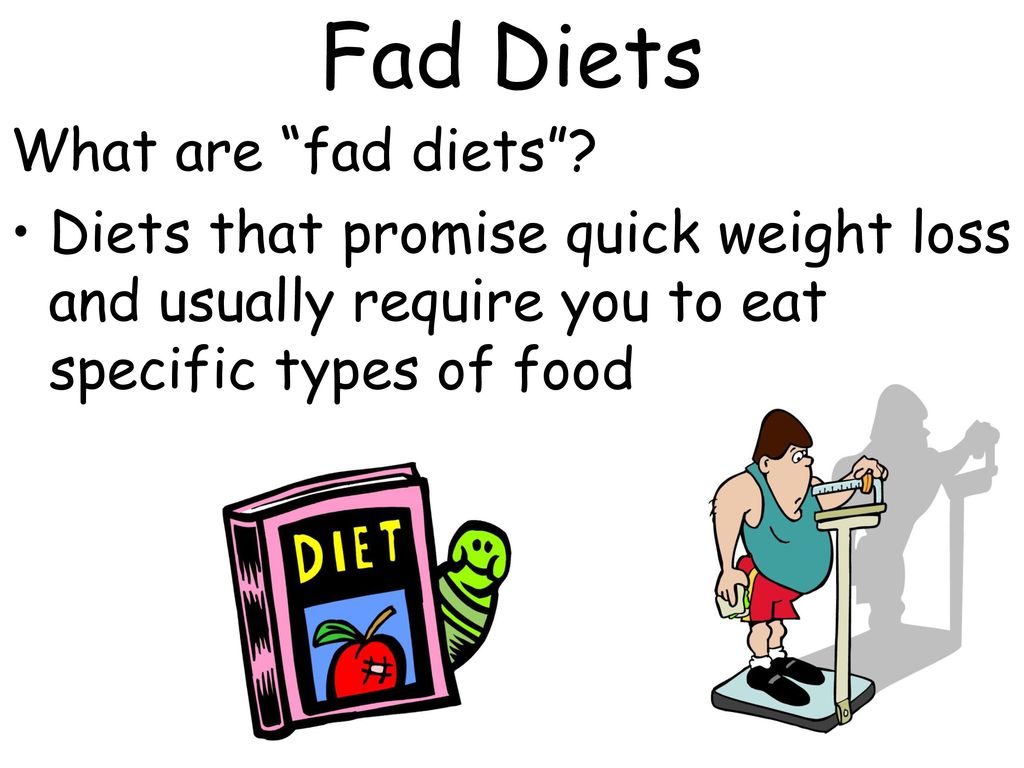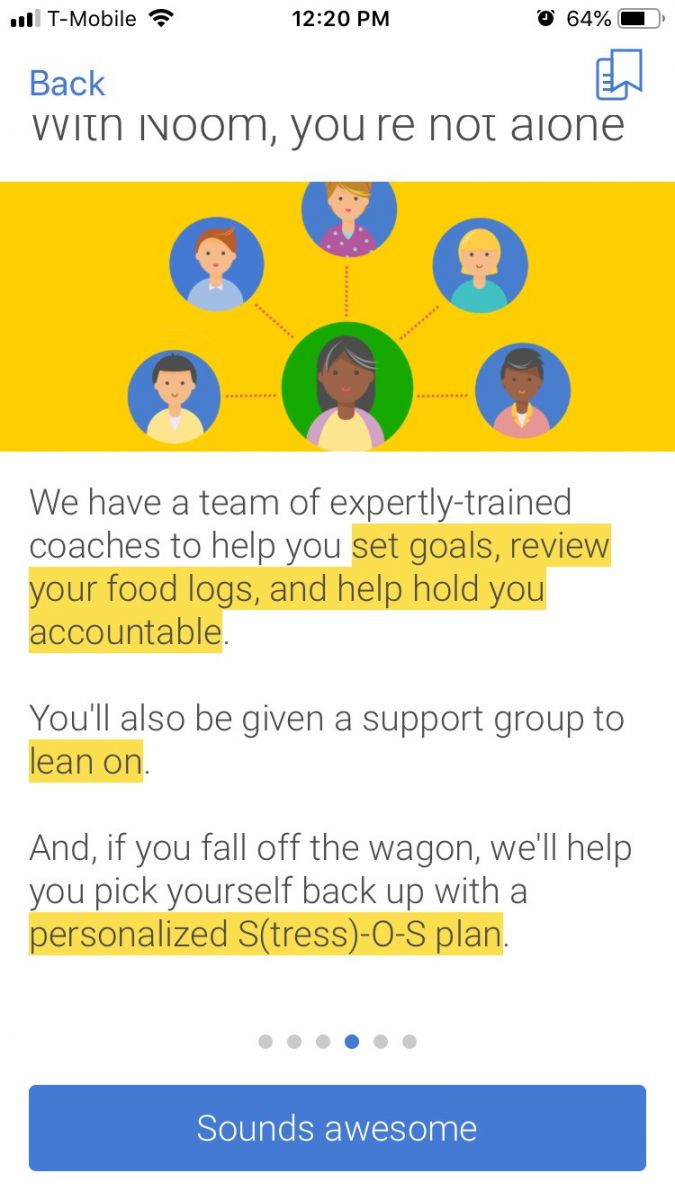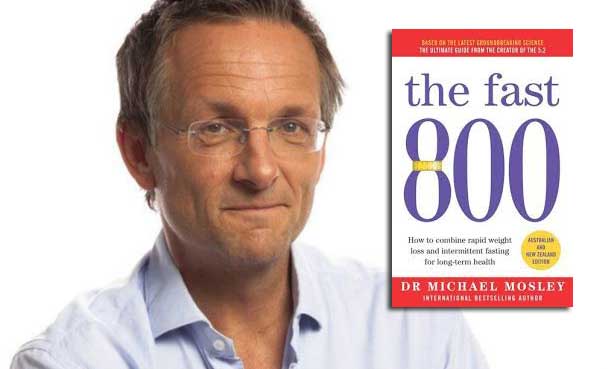Source: Thailand Medical News Nov 25, 2019 5 years, 5 months, 2 weeks, 3 hours, 12 minutes ago
Each year a new batch of
diets become trendy, with books published and being promoted, magazines and online portals covering them and talk shows featuring them. Most of the time, about 80 percent of these
diet fads have no scientific basis and have no medical studies done to prove their effectiveness.

Many foolishly follow these
diet fads without consulting their doctors and some of these
diets are even promoted by so called ‘Nutritionist’ who do not even have the correct credentials (some might possess a diploma obtained through some online training programme that is not recognised in the medical community.
In 2018/2019, the blood group, ketogenic, Pioppi and gluten-free diets were among the most popular
diet fads.. These have made way for the mono diet, charcoal detox, Noom, time-restricted feeding and Fast800.
So what are these new diets and is there any medical or scientific evidence to support them?
a. The Mono Diet
This new monotrophic or mono diet limits food intake to just one food group such as meat or fruit, or one individual food like potato or chicken, each day.

This mono diet has no scientific basis and no research has been done on it. It’s definitely a fad and should not be followed. It leads to weight loss because your food intake is so limited (one food per day) that you get sick of that food very quickly and so automatically achieve a reduced kilojoule intake.
If one ate three apples at each main meal and had another three as between-meal snacks then ones total kilojoule intake from the 12 apples would be about 4,000 kilojoules (950 calories).
This mono diet is nutritionally inadequate. The nutrients most deficient will depend on the individual foods consumed, but if you follow the mono diet long term, you would eventually develop vitamin and mineral deficiencies.
b. The Charcoal Detox
This charcoal detox diet claims to help people lose weight by “detoxing” them. It involves periods of fasting and consumption of tea or juice drinks that contain charcoal. It is definitely
not recommended.
.jpg)
Medical professionals use activated charcoal to treat patients who have been poisoned or have overdosed on specific medications. Charcoal can bind to some compounds and remove them from the body.
There is no scientific evidence to support the use of charcoal as a weight loss strategy. Charcoal detox plans also include dietary restrictions or fasts, so people might lose weight because they’re consuming fewer kilojoules.
Charcoal is not selective. It can bind to some medications and nutrients, as well as toxic substances, so there is the potential for charcoal to trigger nutrient deficiencies and/or make some medications less effective.
Side-effects of using charcoal
;include nausea and constipation.
Many of these scammers proposing the Charcoal diet are making money by selling so called charcoal producst like tea, flakes, capsules etc.
c. The Noom diet
In reality, the Noom diet isn’t actually a diet at all. It is a smartphone app called Noom Coach that focuses on behaviour change techniques to assist with weight loss. It allows users to monitor their eating and physical activity, and provides support and feedback.

The Noom diet does not provide a diet plan, but it gets users to record within the app, all foods and drinks consumed. It then uses a traffic light system (red, yellow, green) to indicate how healthy the foods are.
One good thing of Noom is that is doesn’t eliminate any foods or food groups, and it encourages healthy lifestyle behaviour change to assist with weight loss.
A disadvantage is that while you can download the app for a free short-term trial, membership is about US$34 per month for four months. And additional services cost extra. So consider whether this approach suits your budget.
One study has examined the app’s effectiveness. In a cohort of 35,921 Noom app users over 18 months, almost 78% reported a reduction in body weight. About 23% of these people reported losing more than 10% of their body weight.
Although the data are observational and don’t compare Noom app users to a control group, the results are promising.
In other weight-loss interventions in adults at risk of developing type 2 diabetes, researchers found losing 5-10% body weight and being active for about 30 minutes a day lowered the risk of developing type 2 diabetes by more than 50%.
d. The Time-Restricted Feeding Diet
The Time-restricted feeding is a type of intermittent fast that involves restricting the time of day that you are “allowed” to eat. This typically means eating in a window lasting four to ten hours.

Although energy-restriction during this period is not a specific recommendation, it happens as a consequence of eating only during a shorter period of time than usual.
The main difference between time-restricted feeding compared to other intermittent fasting strategies is that recent research suggests some metabolic benefits are initiated following a fasting period that lasts for 16 hours, as opposed to a typical overnight fast of ten to 12 hours.
Medical researchers have reported some promising effects on the amount of body fat, insulin sensitivity and blood cholesterol with time-restricted feeding windows, although some studies have reported benefits for weight but not for fat mass, blood cholesterol or markers of type 2 diabetes risk.
Additional research is required to determine whether any health effects of time-restricted feeding are due to regular 16-hour fasting periods, or simply because eating over a small time window reduces energy intake.
If this approach helps you get started on a healthy lifestyle and your Doctor gives you the all clear, then try it. You will need to follow up with some permanent changes to your lifestyle so your food and physical activity patterns are improved in the long term.
e. The Fast800
The Fast800 diet by Dr Michael Mosley encourages a daily intake of just 800 calories (about 3,350 kilojoules) during the initial intensive phase of the Blood Sugar Diet.

This lasts for up to eight weeks and is supposed to help you rapidly lose weight and improve your blood sugar levels. You can buy the book for about US$14 or pay US$120 for a 12-week online program that says it includes a personal assessment, recipes, physical and mindfulness exercises, tools, access to experts, an online community, information for your doctor and advice for long-term healthy living.
Two recent medical studies provide some evidence that supports these claims: the DiRECT and DROPLET trials.
In these studies, doctors prescribed patients who were obese and/or had
type 2 diabetes an initial diet of 800 calories, using formulated meal replacements. This initial phase was followed by a gradual reintroduction of food. Participants also received structured support to help them maintain the weight loss.
Both clinical studies compared the intervention to a control group who received either usual care or treatment using best practice guidelines.
It was found participants in the 800 calorie groups lost more weight and more of the adults with type 2 diabetes achieved remission than the control groups. This is what you would expect, given the intervention was very intensive and included a very low total daily energy intake.
Unfortunately the low energy intake can make the Fast800 difficult to stick to. It can also be challenging to get enough nutrients, so protocols need to be carefully followed and any recommended nutrient supplements taken.
The Fast800 diet is not suitable for people with a history of eating disorders or health conditions such as liver disease. So if you’re considering it, talk to your GP.
Thailand Medical News concluding words
When it comes to weight loss, there are no shortcuts, miracle potions or tricks that guarantee success. Have a health check up with your doctor first, focus on making healthy lifestyle changes and if you need more support, ask to be referred to an accredited practicing dietitian.
Most important is never start a diet regimen or take any supplements or products sold online or by non-medical staff and always consult a doctor. There has been numerous cases of unwarranted medical and health issues and even deaths as a result of medically unsupervised diet regimens.


.jpg)


